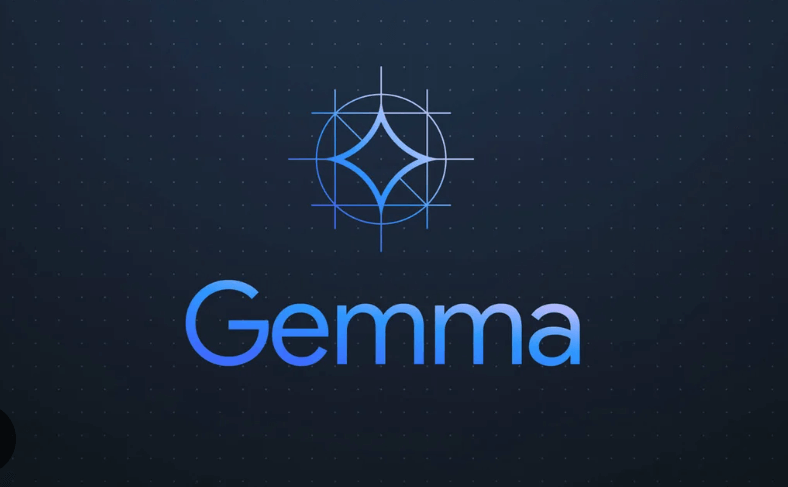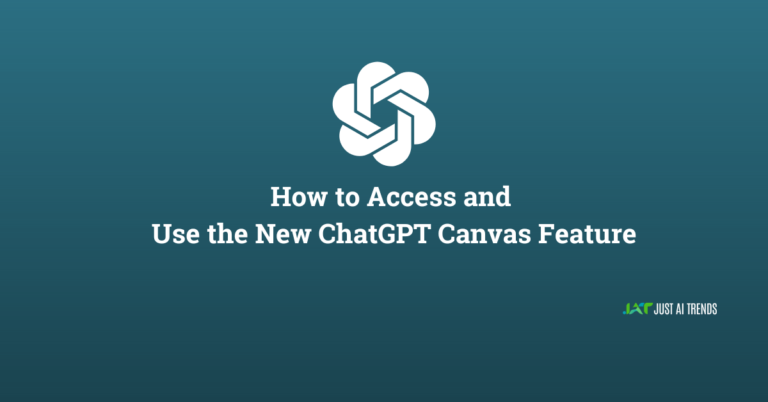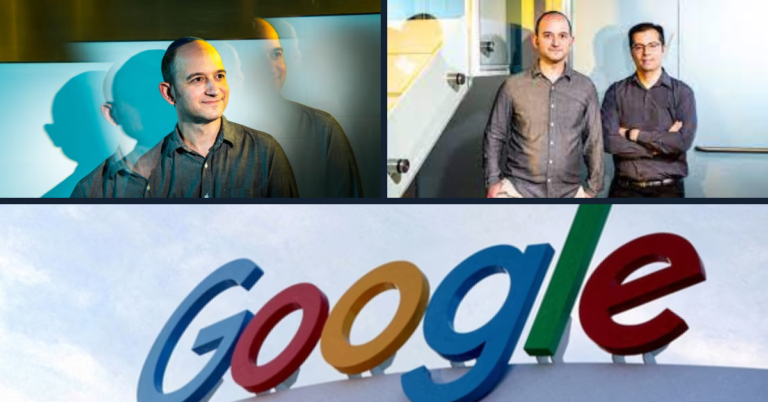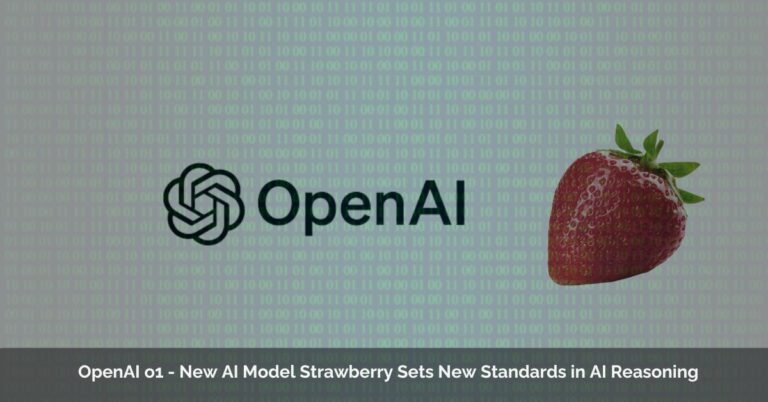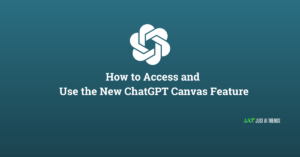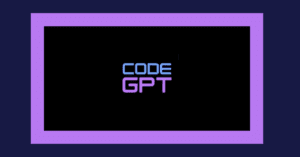Gemma LLM
The landscape of artificial intelligence (AI) is rapidly evolving, and at the forefront are large language models (LLMs). These powerful tools, trained on massive amounts of text data, have become adept at generating human-quality text, translating languages, writing different kinds of creative content, and answering your questions in an informative way. As interest and investment in LLMs surge, researchers and developers are constantly pushing the boundaries of their capabilities.
Table of Contents
ToggleToday, we’re excited to unveil Gemma, a new family of open large language models developed by Google. Gemma represents a significant step forward, offering state-of-the-art performance in a user-friendly and accessible package.
Gemma Open Models: Democratizing AI with Accessibility
Open LLMs differ from their closed-source counterparts by being readily available to the public. This openness offers significant advantages:
- Accessibility: Open LLMs lower the barrier to entry for researchers and developers. They can experiment, build applications, and contribute to advancements in the field without the limitations of proprietary models.
- Transparency: Open access to the underlying code and training data (within ethical boundaries) allows researchers to gain deeper insights into the model’s inner workings, fostering trust and enabling further development.
- Collaboration: Open LLMs facilitate collaboration within the research community. Individuals and institutions can share, modify, and improve upon the model, accelerating progress in LLM development.
Gemma comes in two sizes:
- 2 billion parameters: This smaller model offers a balance between performance and resource efficiency. It’s suitable for researchers with limited access to powerful computing resources.
- 7 billion parameters: This larger model boasts exceptional performance on various tasks, catering to researchers and developers requiring top-of-the-line capabilities.
State-of-the-Art Performance at Size: Pushing the Boundaries
Gemma delivers state-of-the-art performance while maintaining efficiency in its respective size category.
Benchmarks are essential tools to evaluate an LLM’s capabilities. Gemma has been rigorously tested on various established benchmarks, including:
- MMLU (Multi-Modal Language Understanding) Benchmark: This benchmark assesses an LLM’s ability to understand and respond to complex prompts involving text, code, and other modalities.
- SuperGLUE Benchmark: This benchmark focuses on natural language understanding tasks like question answering, summarization, and sentiment analysis.
- LM-Bench: This benchmark evaluates an LLM’s ability to perform various language modeling tasks, including generation, comprehension, and translation.
The results are encouraging:
- Gemma consistently outperforms similar-sized competitors across a significant number of tasks in these benchmarks. For example, the 7 billion parameter model achieves an impressive score of 64.56% on the MMLU benchmark, surpassing its rivals.
- Gemma demonstrates exceptional efficiency in terms of resource utilization. The 2 billion parameter model, despite its smaller size, still delivers competitive performance and can be run on various hardware platforms, including personal computers.
Responsible by Design: Prioritizing Ethics and Trust
At Google, we are committed to developing responsible AI that benefits society while aligning with ethical principles. This commitment is embedded into the very core of Gemma’s design.
Here are some specific measures we have taken to ensure responsible development and use of Gemma:
Data Security:
- Filtering Sensitive Data: We employ rigorous data filtering techniques to exclude sensitive information from the training datasets, minimizing potential biases and safeguarding privacy.
- Data Governance: We have established robust data governance frameworks to ensure data security and responsible data handling throughout the development process.
Ethical Alignment:
- Human-in-the-Loop Training: We leverage reinforcement learning with human feedback to guide the model towards desired outcomes that are aligned with ethical principles. This human oversight helps mitigate potential biases and promotes responsible behavior within the model.
- Alignment with Ethical Guidelines: We adhere to established ethical guidelines for AI development, such as the Principles for AI developed by Google AI, which emphasize fairness, accountability, and transparency.
Optimized for Seamless Integration: Flexibility Across Frameworks, Tools, and Hardware
Compatibility is crucial for LLM users and researchers. Limited compatibility can create barriers to entry and hinder adoption. Ideally, an LLM should be accessible and integrate seamlessly into existing workflows.
This is where Gemma shines. It is optimized for compatibility with a wide range of:
- Frameworks: Popular frameworks like TensorFlow and PyTorch are fully supported, allowing users to leverage their existing knowledge and tools for efficient interaction with Gemma.
- Tools: Integration with various development and research tools simplifies the process of building upon and utilizing Gemma’s capabilities.
- Hardware platforms: Gemma is designed to be resource-efficient, enabling it to run effectively on various hardware configurations, from powerful workstations to personal computers. This flexibility empowers researchers and developers with diverse resources to leverage the power of Gemma, regardless of their computational limitations.
Free Credits for Research and Development: Fueling Innovation and Discovery
To further encourage exploration and innovation, Google is providing free resources for researchers and developers working with Gemma:
- Kaggle: Gemma models are readily available on the popular platform https://www.kaggle.com/ for immediate experimentation and participation in various machine learning challenges.
- Colab Notebooks: Free access to Colab notebooks allows researchers to explore Gemma’s capabilities without requiring extensive local computing resources.
- Google Cloud Credits: New Google Cloud users can receive $300 in free credits to leverage the power of Google Cloud Platform (GCP) for more intensive research and development endeavors with Gemma. Additionally, researchers can apply for up to $500,000 in Google Cloud credits to support large-scale projects with significant research potential.
Getting Started: Unleashing the Power of Gemma
Ready to dive into the world of Gemma? Here’s how to get started:
- Accessing Gemma Models:
- Kaggle: Visit the Gemma model collection on Kaggle: https://www.kaggle.com/ (search for “Gemma”). This platform allows you to download the models and experiment directly.
- Colab Notebooks: Access pre-configured Colab notebooks that showcase Gemma’s capabilities: https://research.google.com/colaboratory/ (search for “Gemma”). These notebooks provide a convenient environment to explore the model without local setup.
- Utilizing Gemma Models:
- Tutorials: While official tutorials are not available yet, keep an eye on Google AI’s blog and other resources for potential future additions.
- Additional Resources:
- Community Forums: As an open-source project, Gemma is expected to foster a vibrant community. Stay tuned for announcements about community forums or other support channels where you can connect with other users and share your experiences.
Remember:
- Accepting Google’s Terms and Conditions is necessary before accessing the models.
- Familiarity with Python programming and basic machine learning concepts is recommended for working with Gemma effectively.

